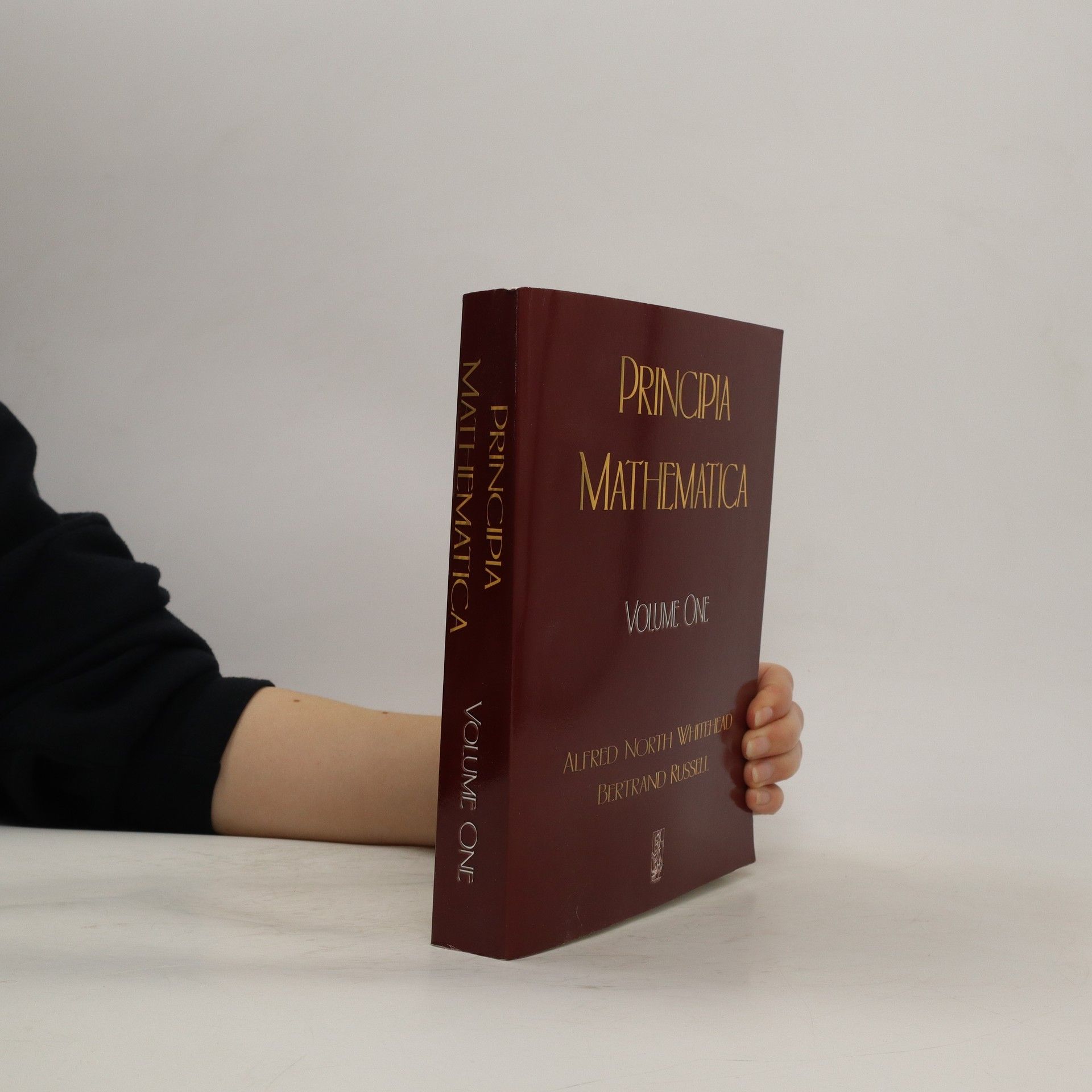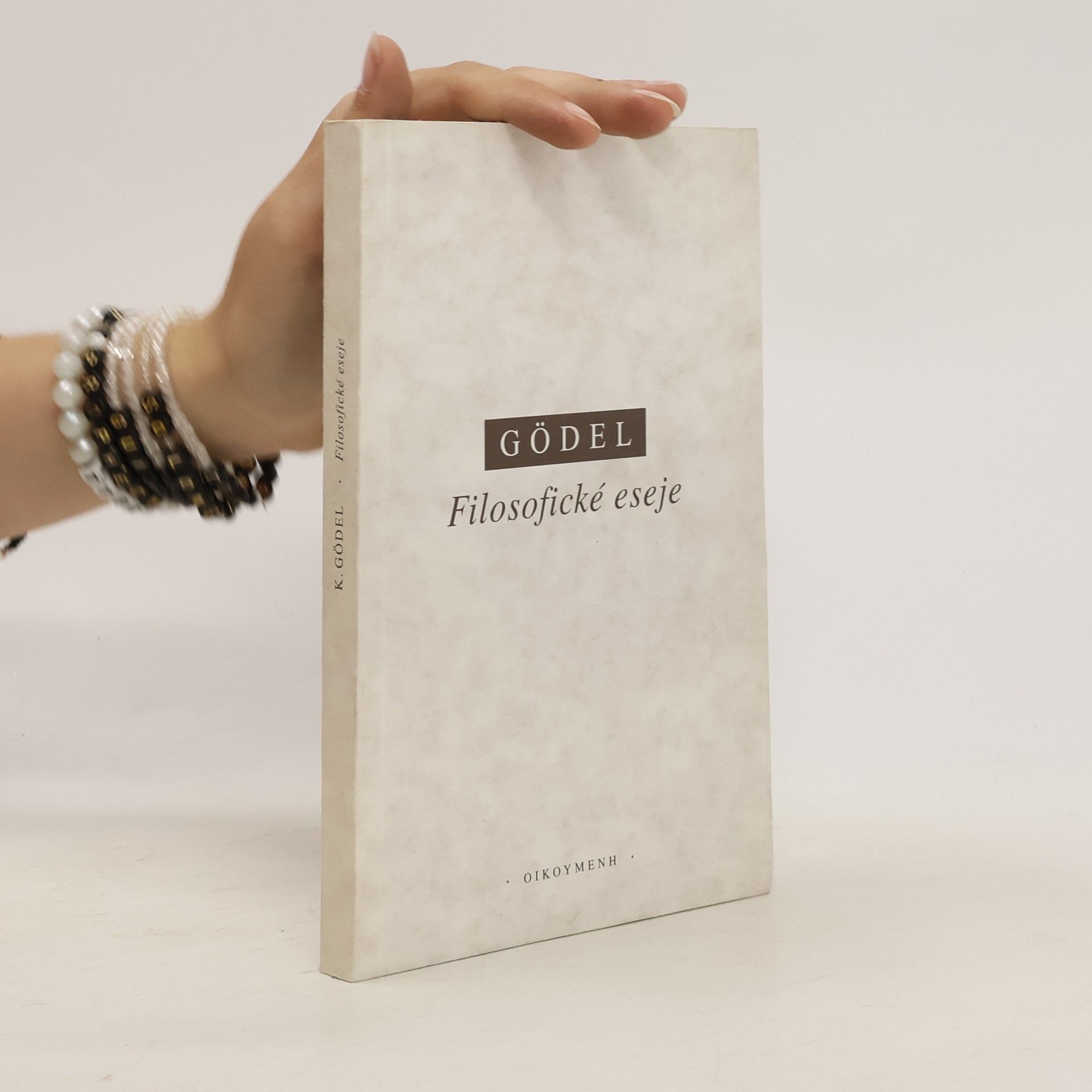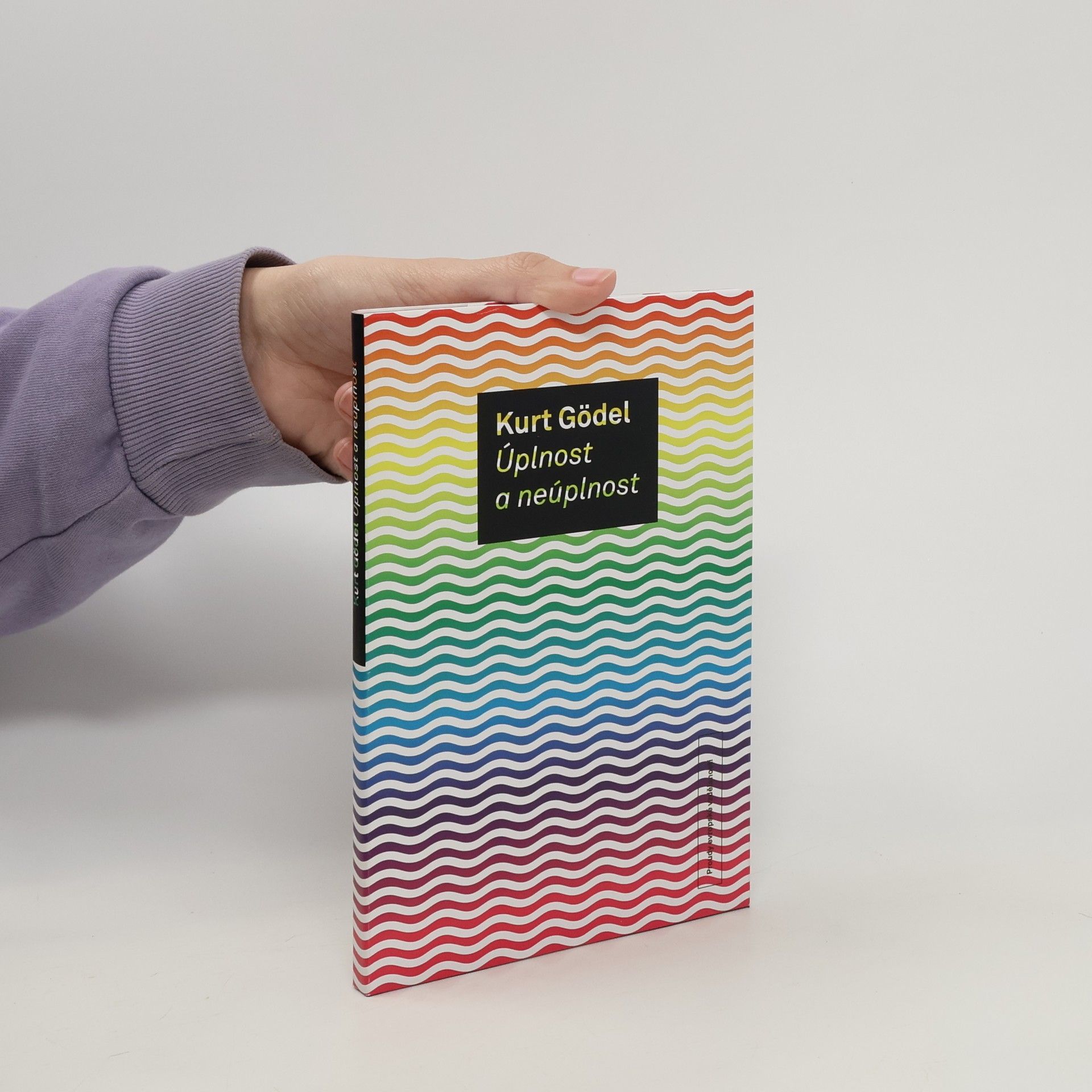Kurt Gödel (1906 - 1978) was a preeminent logician of the twentieth century, renowned for his pivotal contributions to the completeness of logic, the incompleteness of number theory, and the consistency of the axiom of choice and the continuum hypothesis. His work also encompassed constructivity, the decision problem, and the foundations of computability theory, alongside a distinctive philosophical perspective on mathematics. Less recognized is his exploration of unique cosmological models that suggest the theoretical possibility of time travel into the past. The Collected Works serves as a significant compilation of Gödel's intellectual legacy. The first two volumes present his published works in full, both in original form and translation, while the third volume includes a selection of unpublished articles and lecture texts from Gödel's Nachlass. The final two volumes feature Gödel's correspondence on logical, philosophical, and scientific topics, with Volume IV covering A to G and Volume V covering H to Z, along with a complete inventory of his Nachlass. Each volume includes introductory notes with extensive commentary, English translations of German texts, and a comprehensive bibliography. This edition aims to be accessible to a broad audience, making it an essential resource for professionals and students in various fields, as well as anyone interested in the insights of one of the twentieth century's great minds.
Kurt Gödel Boeken
Kurt Gödel was een Oostenrijks-Amerikaanse logicus, wiskundige en filosoof die een immense impact had op het wetenschappelijke en filosofische denken in de 20e eeuw. Hij is het best bekend om zijn twee onvolledigheidsstellingen, die aantoonden dat er binnen elk voldoende krachtig formeel systeem ware uitspraken bestaan die niet uit de axioma's bewezen kunnen worden. Om deze stellingen te bewijzen, ontwikkelde Gödel een techniek die nu bekend staat als Gödelnummering, waarbij formele uitdrukkingen worden gecodeerd als natuurlijke getallen. Zijn werk aan de bewijstheorie verhelderde ook de verbanden tussen verschillende logische systemen en hij toonde aan dat de continuümhypothese niet weerlegbaar is uit de geaccepteerde axioma's van de verzamelingenleer.







Kurt Gödel (1906-1978) was the most outstanding logician of the twentieth century. This second volume of a comprehensive edition of Gödel's works collects the remainder of his published work, covering the period 1938-1974. (Volume I included all of his publications from 1929-1936). Each article or closely related group of articles is preceded by an introductory note that elucidates it and places it in historical context. The aim is to make the full body of Gödel's work as accessible and useful to as wide an audience as possible, without in any way sacrificing the requirements of historical and scientific accuracy.
Die Maximen Philosophie von Kurt Gödel, niedergeschrieben zwischen 1934 und 1955, umfasst philosophische Überlegungen und angewandte Individualethik. Band 2 der historisch-kritischen Edition behandelt Gödels Ethik und deren Verbindung zur Stoa sowie antiker Diätetik. Eine Einführung bietet Kontext zu seinen Gedanken.
Úplnost a neúplnost
- 138bladzijden
- 5 uur lezen
Další kniha z řady základních textů evropské vzdělanosti iniciovaná Petrem Vopěnkou. A po desetiletích teprve druhá přeložená kniha zásadních textů jednoho z největších matematiků, logiků a myslitelů dvacátého století. Gödelovy věty (z roku 1931) o neúplnosti jsou i přes svojí stručnost stále vlivným textem nejen exaktních věd (zejm. matematické logiky). Přesahují do filosofie (a nejen matematiky), neboť svou podstatou stanovují omezenost i tak exaktní vědy, kterou matematika je (a ve svém důsledku třeba i nemožnost dokázat úplnou bezespornou teorii, což má důsledky i pro aritmetiku přirozených čísel). Kniha vedle těchto stěžejních textů obsahuje úvodní poznámku a bohatou předmluvu Vítězslava Švejdara, na závěr je doplněna autorovou bibliografií.
Soubor publikovaných i nepublikovaných filosofických esejů jednoho z největších logiků 20. století.
Principia Mathematica
Volume one
An Unabridged, Digitally Enlarged Printing Of Volume I of III: Part I - MATHEMATICAL LOGIC - The Theory Of Deduction - Theory Of Apparent Variables - Classes And Relations - Logic And Relations - Products And Sums Of Classes - Part II - PROLEGOMENA TO CARDIANL ARITHMITIC - Unit Classes And Couples - Sub-Classes, Sub-Relations, And Relative Types - One-Many, Many-One, And One-One Relations - Selections - Inductive Relations
Der Mathematiker Kurt Gödel hat über einen Zeitraum von 22 Jahren (1934-1955) philosophische Bemerkungen, die so genannten Maximen Philosophie (Max Phil), niedergeschrieben. Sie sind in 15 Notizbüchern in der Kurzschrift Gabelsberger überliefert. Das erste Heft enthält allgemeine philosophische Überlegungen, die Hefte zwei und drei bestehen aus Gödels Individualethik. Die dann folgenden zeigen, dass Gödel eine Wissenschaftsphilosophie entworfen hat, in der er seine Erörterungen zu Physik, Psychologie, Biologie, Mathematik, Sprache, Theologie und Geschichte in den Kontext einer Metaphysik stellt. Erstmals wird nun an der Kurt-Gödel-Forschungsstelle der Berlin-Brandenburgischen Akademie der Wissenschaften eine vollständige, historisch-kritische Edition von Gödels Philosophischen Notizbüchern vorbereitet. Im Rahmen dieser Edition erscheint jährlich ein Band. Band 5 ist schon deshalb besonders interessant, weil Gödel zu Beginn von ›Maximen V‹ seine Zufriedenheit damit erkennen lässt. Er bekundet, dass er hier zu eigenständigem Denken gelangt ist, das nicht in erster Linie in Auseinandersetzung mit anderen Autoren zustande gekommen ist. Darüber hinaus findet sich hier, neben zahlreichen bemerkenswerten philosophischen Überlegungen, eine bisher unbekannte Deutung seines (zweiten) Unvollständigkeitssatzes, die über die mathematische hinausreicht.
Der Mathematiker Kurt Gödel hat über einen Zeitraum von 22 Jahren (1934-1955) philosophische Bemerkungen, die so genannten Maximen Philosophie (Max Phil), niedergeschrieben. Sie sind in 15 Notizbüchern in der Kurzschrift Gabelsberger überliefert. Das erste Heft enthält allgemeine philosophische Überlegungen, die Hefte zwei und drei bestehen aus Gödels Individualethik. Die dann folgenden zeigen, dass Gödel eine Wissenschaftsphilosophie entworfen hat, in der er seine Erörterungen zu Physik, Psychologie, Biologie, Mathematik, Sprache, Theologie und Geschichte in den Kontext einer Metaphysik stellt. Erstmals wird nun an der Kurt-Gödel-Forschungsstelle der Berlin-Brandenburgischen Akademie der Wissenschaften eine vollständige, historisch-kritische Edition von Gödels Philosophischen Notizbüchern vorbereitet. Im Rahmen dieser Edition erscheint jährlich ein Band. In Band 4 setzt Gödel sich mit Grundlagenfragen der Mathematik und Logik sowie der Philosophie der Mathematik auseinander. Zudem stehen das Verhältnis verschiedener wissenschaftlicher Disziplinen zueinander und deren spezifische Fragestellungen im Zentrum seiner Überlegungen. Zu nennen sind hier insbesondere Philosophie, Psychologie, aber auch Theologie.